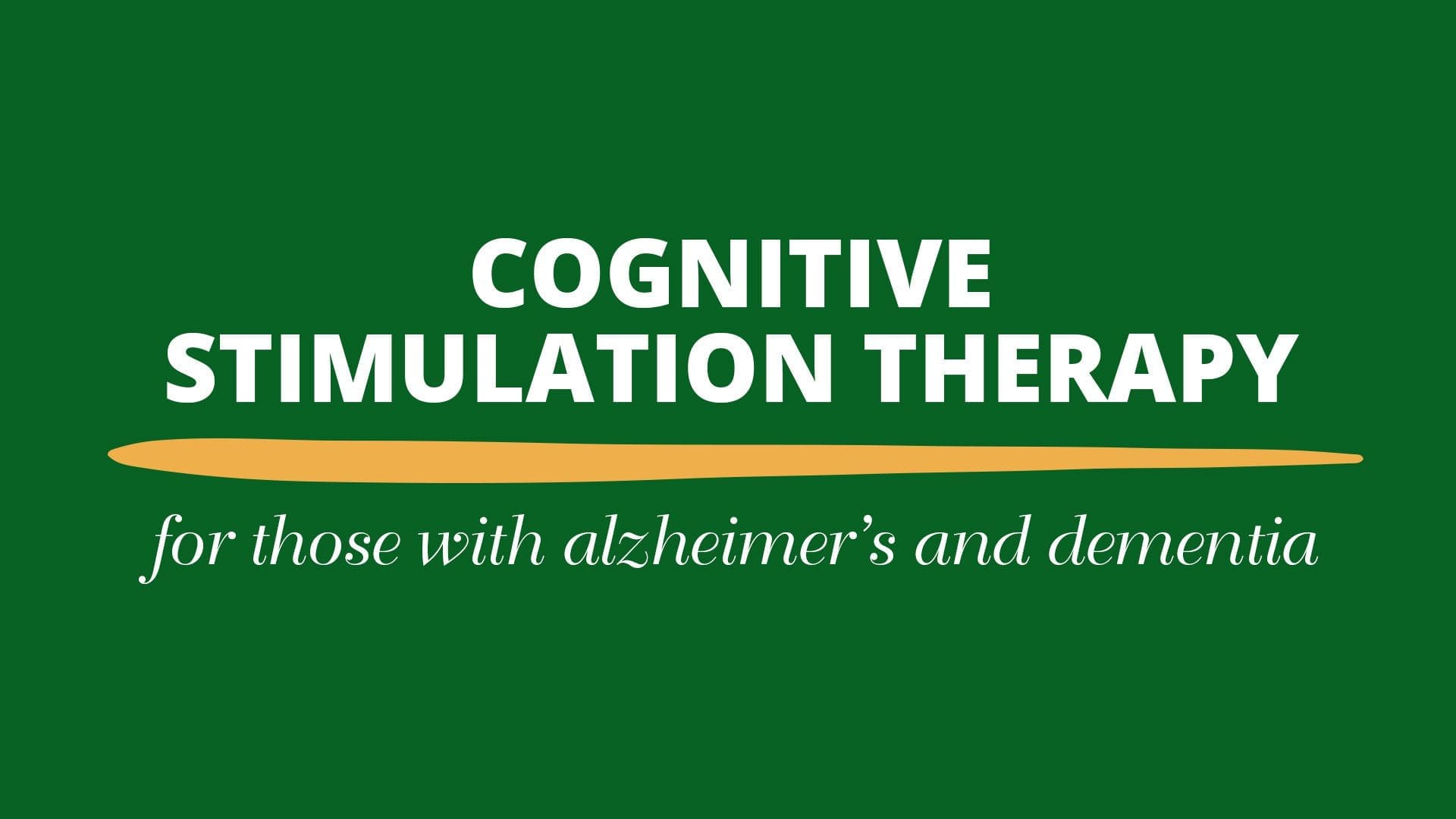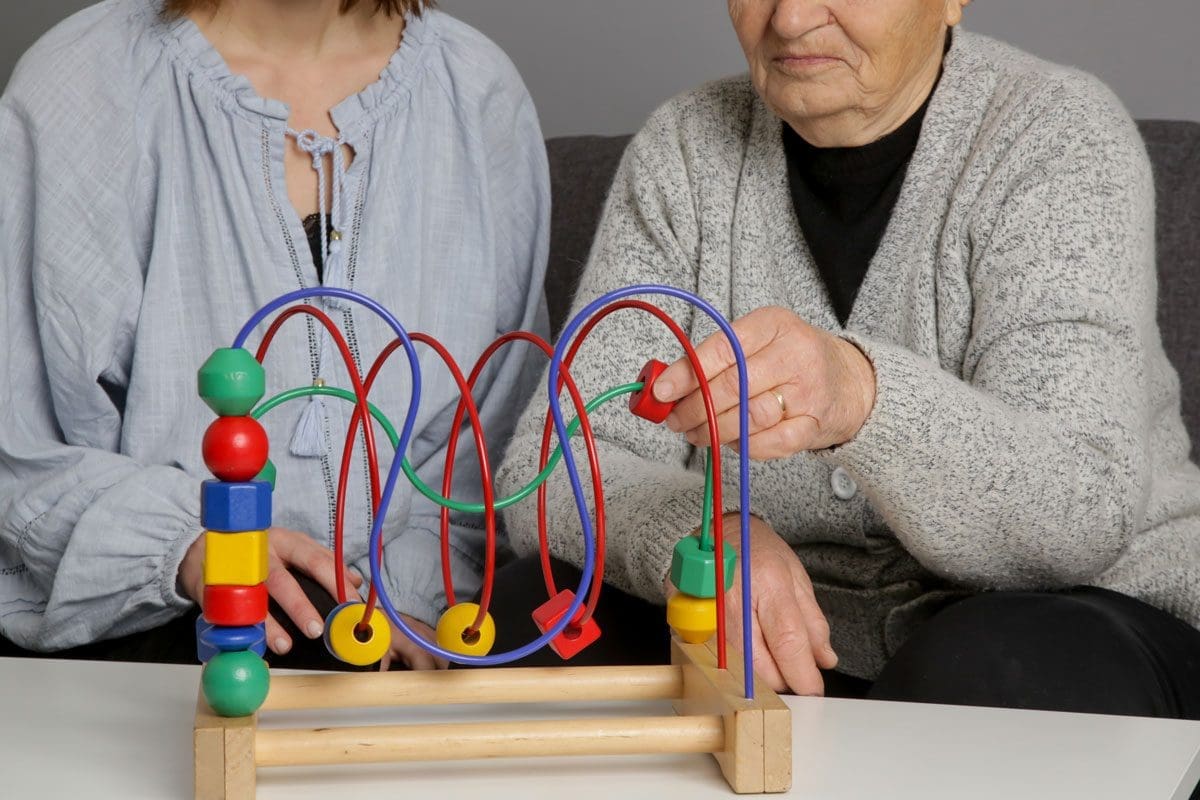Cognitive Stimulation Therapy, or CST, is an often researched and utilized tool for those with Alzheimer’s and dementia. This evidence-based treatment is widely regarded in the memory care community as a valuable tool for residents. It has been shown to be an effective way to engage residents, and has a number of potential benefits.
What is CST?
Cognitive Stimulation Therapy is a treatment for those with mild to moderate dementia symptoms. It consists of group sessions that take place on a weekly (or more frequent) basis. These sessions are made up of a range of themed activities, all of which are aimed at actively engaging and stimulating the participants. Sessions are based on extensive research, and structured to provide the most conducive learning environment for those with dementia.
Here in our Dolan Care Homes, residents usually participate in just a handful of sessions that are catered to their specific needs. Some other iterations of CST are more formal, and can include up to 14 total sessions.
Anyone who has experience working with people with dementia can get trained to become a CST group facilitator. These professionals usually include people like social workers, nurses, and occupational therapists.
CST was designed as a short-term treatment for dementia. However, there is some evidence to suggest that those who continue with CST for prolonged periods can continue to see improvements and benefits over time.
The benefits of CST
So what exactly are the benefits alluded to above? The primary intended purpose of CST is to improve cognitive function for those with Alzheimer’s and dementia. The research shows that CST does just that, with participants showing significant improvement in cognitive functioning over the course of treatment.
CST has also been shown to benefit participants in a number of other areas, including:
- Memory and orientation
- Visuospatial abilities
- Language skills
There are also qualitative benefits that have been seen from CST treatment as well. Both participants and their caregivers reported a higher quality of life after CST sessions. CST provides positive group experiences, which helped to increase participants’ mood and confidence.
CST vs. iCST
One variation of CST that we have made use of in our homes and is also supported by a large body of research is iCST, or Individual Cognitive Stimulation Therapy. It is very similar to traditional CST, except that instead of a group setting, this is a one-on-one intervention. Theme-based sessions and activities are able to be more personalized to the individual, and can help to actively stimulate and engage the participant.
Both CST and iCST can be effective treatments for dementia. Neither one is necessarily “better” than the other: each can be a better fit in specific situations. The professionals administering the CST treatment should be able to discern what type of treatment is best for each patient.
We hope this closer look at CST and the many benefits it can provide has widened your understanding of this dementia treatment. As with most treatments, research is still being conducted regularly on the benefits and best practices for CST. At Dolan Memory Care Homes, we are always sure to stay up-to-date on the latest research so we can provide the very best Alzheimer’s and dementia care to all of our residents.
Sources:






